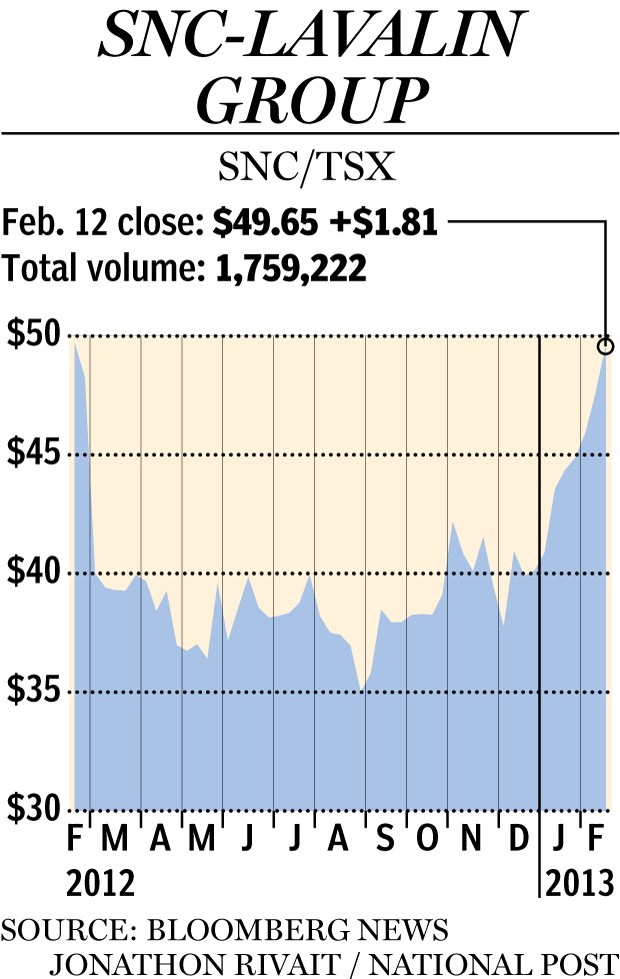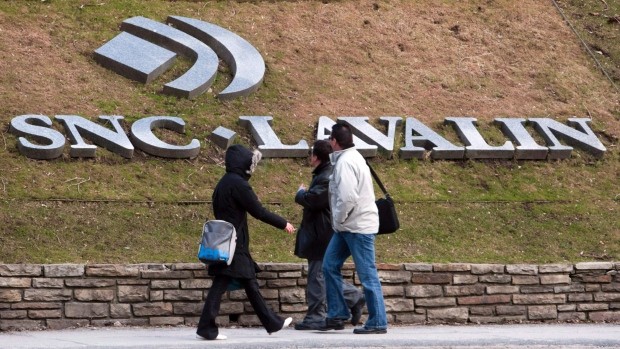Corruption and fraud in stock market
Post on: 4 Август, 2015 No Comment

The Market is Rigged Indeed
November 29, 2010
Wild fluctuations, Madoff scandal, flash crash have them pulling their money
The Wall Street insider trading investigation may lead everyday investors — already rattled by a stock market meltdown, a one-day flash crash and the Madoff scandal — to finally conclude that the game is rigged.
A large part of trading has to do with trust, and I dont have it, says Mark Swenson, a 43-year-old plumber from New Hampshire who refuses to buy individual stocks.
When a stock moves up 10 percent, you dont know why, he added. We can pretend that everyone has access to the same information, but they dont.
Even before news broke that federal investigators were looking into whether hedge funds traded on inside information, small-time investors were pulling their money out of stocks — despite a remarkable run for the market since the spring of 2009.
Hedge funds are speculative funds which make large bets on market movements and are usually used by wealthy private investors or institutions.
Americans have pulled $60 billion out of U.S. stock funds this year, according to the Investment Company Institute, a trade group. Meanwhile, investors have piled money into treasuries and bond funds that are considered safer investments. And at the same time, banks like Wells Fargo have reported that money is moving into checking and savings accounts.
To be sure, its natural for people worried about their jobs or the falling value of their homes to sock cash into more conservative investments. But this has been no garden-variety recession.
It has coincided with turmoil in the stock market that goes back a decade, to the collapse of the Internet bubble and portfolio-draining scandals involving high-flying companies such as Enron and WorldCom.
More recently, investors have lived through the housing bubble, the collapse of Wall Street firms such as Bear Stearns and Lehman Brothers and stomach-churning days when it wasnt clear whether capitalism would survive. On top of that came news that financier Bernard Madoff had bilked investors out of billions.
Virtually everyone on the Street believes there are significant improprieties, and I think there is an even more important point for the massive number of investors who are not Wall Street players, says former New York Gov. Eliot Spitzer, once known as the sheriff of Wall Street for aggressively prosecuting white-collar crime as state attorney general. And that is for most of us, you cant beat these guys at their own game.
People are nervous about the state of their assets in part because their homes are worth so much less these days, not to mention job insecurity and slow economic growth overall.
Some pros on Wall Street say hesitation by small investors is good news. It means that theres plenty of dry powder to propel the market higher in the next few months when and if the little guy finally relents and joins in the rally.
The insider-trading probe could test that theory.
The FBI this week searched the offices of three hedge funds, and some of Wall Streets most influential firms, including Janus Capital Group, have been subpoenaed in the probe.
On Wednesday, an employee of a firm that supplied market intelligence to hedge funds was arrested and charged, among other things, with conspiracy to commit securities fraud. It was not yet known whether the man dealt with the funds raided this week.
For Swenson, the allegations of insider trading are unnerving, particularly on top of the flash crash in May, when a computerized selling program set off a chain reaction that drove the Dow Jones industrials down nearly 1,000 points in mere minutes.
The sell-off was a reminder to some individual investors that hedge funds and other powerful traders use computer programs to make rapid-fire stock trades, giving them an advantage over the slower smaller investor.
The hedge funds are resorting to more questionable tactics. Its mind-boggling, says Swenson, who invests largely in exchange-traded funds, which track market indexes and can be traded throughout the day, unlike mutual funds.
Spitzer says the new insider trading probes illustrate how the game is tilted against small investors.

If you are sitting there in front of a screen, thinking your information is going to be good enough to make smart judgments that will permit you to outperform the hundreds of thousands of people on Wall Street who have access to better information and more timely information than you, youre mistaken, Spitzer says.
Its not the first time small investors have been scared out of stocks.
Charles Geisst, a finance professor at Manhattan College who has written 18 books on the history of markets, says investors balked at buying for years after the Crash of 1929 and Black Monday in 1987. The view both times: The odds are stacked against the little guy.
To combat such an impression, the Securities and Exchange Commission was established in 1934, and circuit breakers were instituted after the 1987 crash to stop massive selling. But all of the safeguards dont seem to be helping lately.
If the stock markets had any reputation for integrity, they lost it in the past year, Geisst says.
Restoring small investors confidence may depend on whether they see ample evidence that federal regulators are successfully cracking down on bad behavior, says Ross B. Intelisano, a securities fraud attorney with the firm Rich & Intelisano.
The market needs them back. Most of the stock in U.S. companies, both public and private, is held by individuals, not institutions, according to Federal Reserve data.
Small investors may be comforted to know that professional investors dont always fare better, even with the edge they have over the masses.
Numerous studies have shown that mutual funds overseen by professional stock pickers often are outperformed by computer-driven index funds.
The record for hedge funds hasnt been so impressive, either. Since 2008, when the number of those funds hit 10,000, nearly 3,000 have gone out of business, according to Hedge Fund Research in Chicago.
The edge is hugely exaggerated, says Richard Ferri, founder of the investment advisory firm Portfolio Solutions and an advocate of low-cost index funds. If the small investor does the right thing, he can do better than 99 percent of anyone else.














